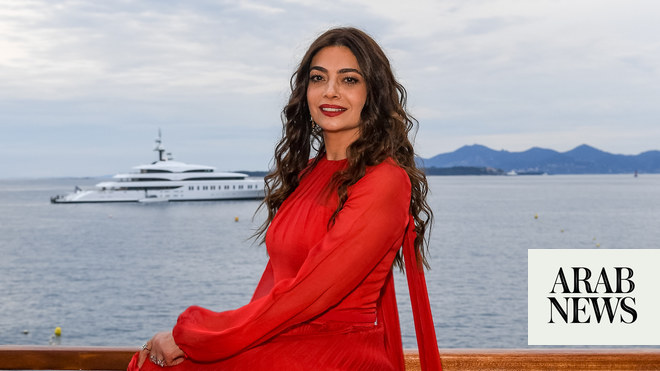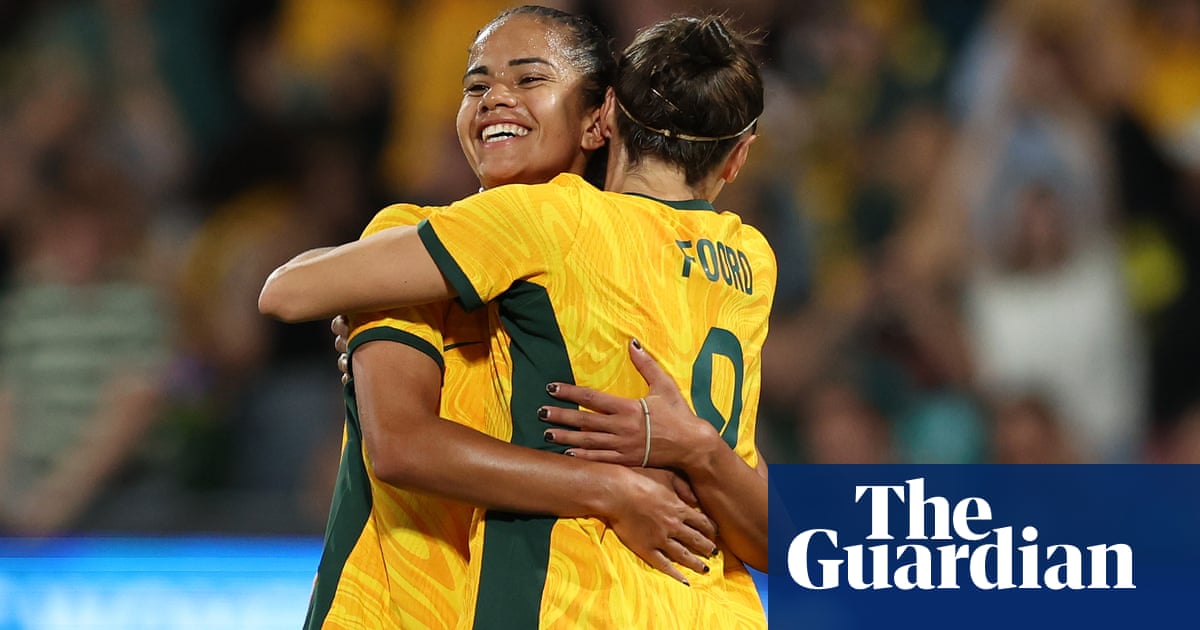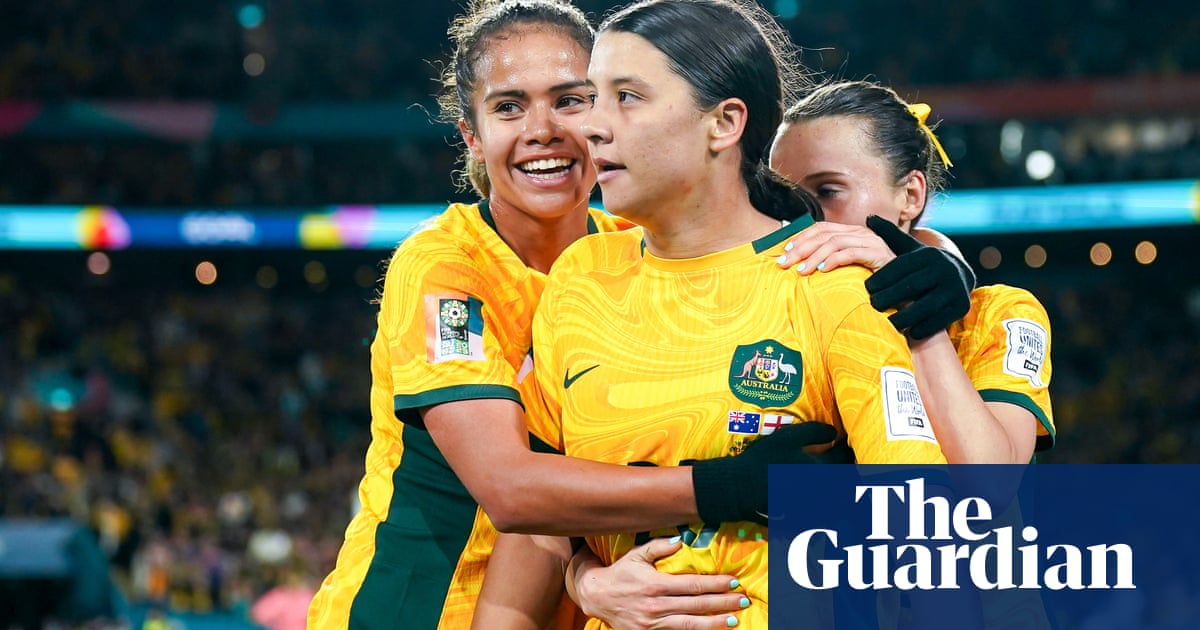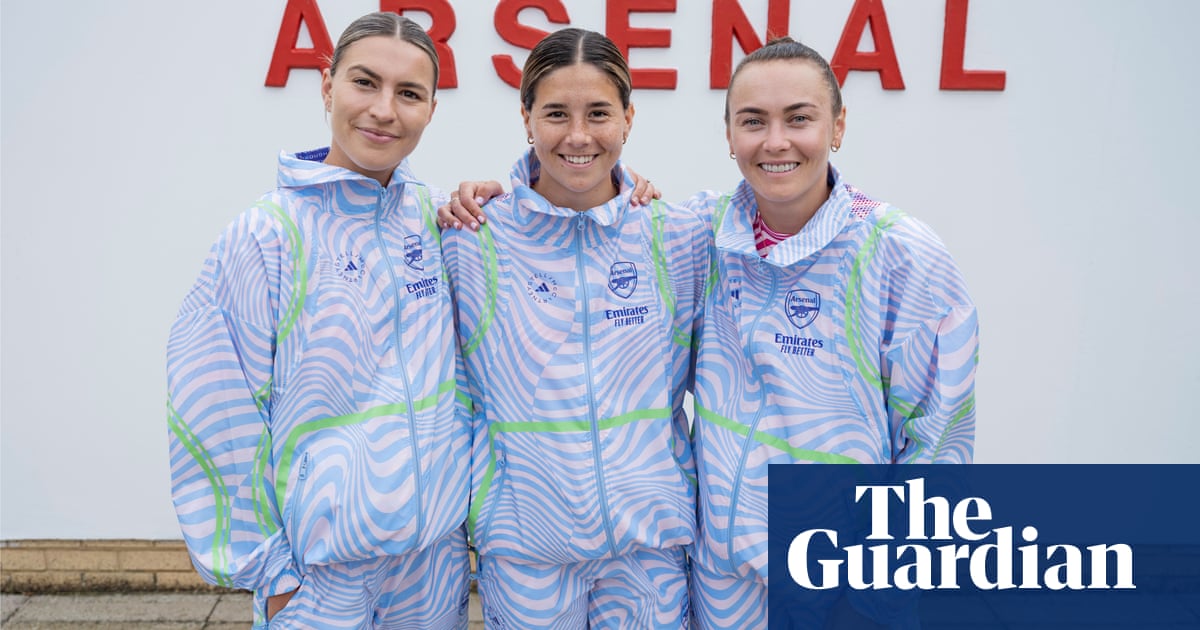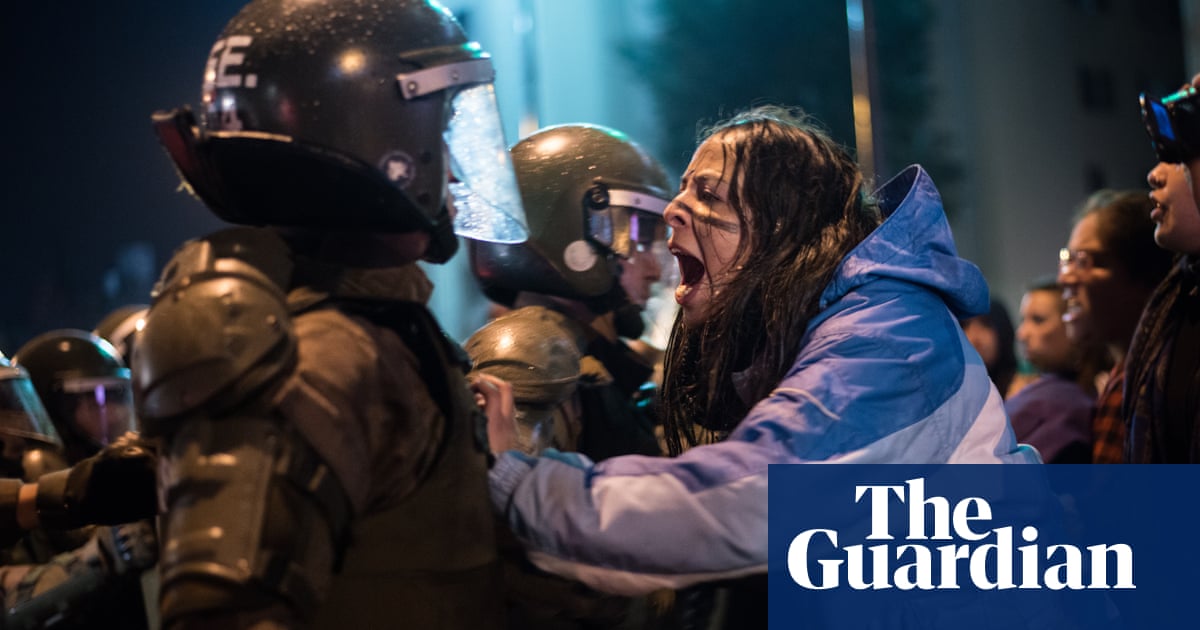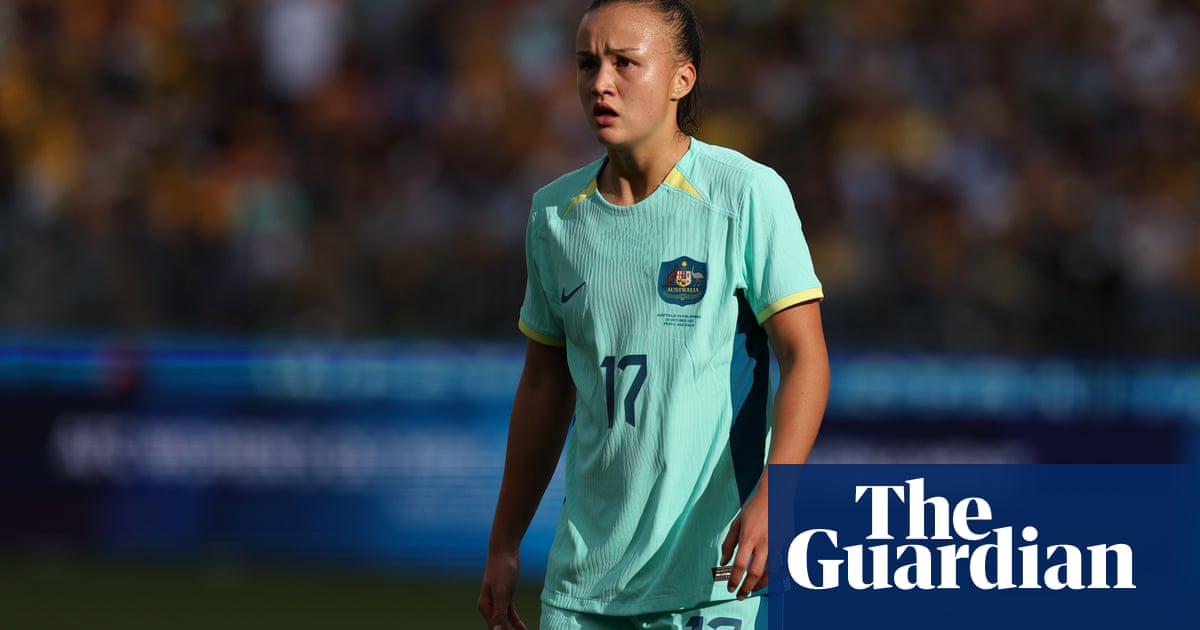
When she was at school, Amy Sayer wanted to be a doctor, but quickly realised it probably wasn’t a viable option alongside a professional football career. Now, in between aiming to score her first Matildas goal and cementing her spot in the squad, she thinks law could be a future path for her. That’s on top of her degree from Stanford in human biology and philosophy.
One thing is instantly clear about Sayer, the 21-year-old is deeply determined to be the best version of herself. As a footballer, a student and for her family and community. Yes, she used her omission from the Matildas World Cup squad as motivation to improve and get selected this time. But the drive was there long before that.
The drive was there when the 15-year-old from Sydney made her debut for Canberra United in the W-League. It was there when, as a year 12 student in 2018, she was called up to the Matildas for the first time and made her debut, and there not long after that when she fractured her foot and missed out on a second stint with the senior national team. And that ambition nearly went into overdrive when Australian under-20s teammates Beattie Goad and Alex Chidiac first dangled the idea of US college football in front of her.
“When I heard the name Stanford, I was like, ‘oh my god, one of the biggest institutions in the world, ranked number one multiple years in a row for their academics and a team that had just won the national championship in 2019’,” she says. After graduating high school in Australia, Sayer visited the campus with her mum in 2019 and committed to attending the following year, spending three years playing with the Stanford Cardinal.
The football was one thing, but Sayer was equally captivated by her studies. She sat in on some of Goad’s human biology classes and decided that was the major for her. “It just got even better as soon as I was there,” Sayer says. “As I discovered that I also loved philosophy, which was a crazy discovery, I’ve honed my interest into the area of bioethics. I’m super interested in the intersection between medicine and law and how all of these new innovations fit into that. I want to go to law school once I finish playing football or, at least when I’m a bit more settled, maybe I’ll start to take some classes.”
Sayer credits her family and upbringing for making her into the woman she is today, and for instilling in her a thirst for knowledge that bridges her academic and football worlds. “They’re my biggest supporters and I wouldn’t have been able to move across the world twice without them and everything that they’ve done for me,” she says. “A huge part of my identity is that half Chinese side and that’s on my mum’s side, and I’ve had a very proud Chinese heritage growing up. It’s something that I hold very close to my heart … something that is integral to who I am as a person.
“Academics has always been number one for [my family]. It was great that I was able to internalise that message from my family and rather than them pushing me to do things, I had this internal drive to want to go overseas to pursue my football but also to continue my academics at the same time.”
Unsurprisingly, Sayer has always applied her scholarly aptitude to her football – analysing where she needs to improve and what changes are needed to make that happen. Even before joining the Matildas camp in July before the World Cup – where she was ultimately cut from the final squad – she had identified that something was holding her back.
“I decided that as I had started breaking more into the Matildas and Tony [Gustavsson] and his staff had started calling me more into the teams for quite a few of the camps, that my time at Stanford had run its course,” she says. “I wanted to start looking to pursue a professional career abroad, rather than keep my amateur status and play one more season at Stanford. I had to switch my second major to a minor and I graduated from Stanford in three years instead of four.”
The move to Swedish club Kristianstads DFF proved decisive for the attacking midfielder, who was until then the only Matilda to still be playing at an amateur level.
“Whenever I came into Matildas camp from Stanford, I always felt that I had to spend a few days readjusting to the tempo and then being able to train as I would like, and then by that time the camp was done,” she says. “I’ve now identified areas of my game that slipped under the radar and that includes obviously that speed of decision making, a little bit of technical skill and techniques of using my physicality. It’s a huge step up in a lot of different areas, that’s just the nature of professional football, and I’ve been able to integrate myself into it pretty quickly, but there’s a long way to go as well.”
Brought into a Matildas squad with a strong starting XI that has been settled for a while now, Sayer is keen to make her mark but knows she is also playing the long game as part of a new generation of players.
“I want to be one of those main members who’s able to stay in that position and not just someone who fits in where they’re needed,” she says. “And I think that’ll come with time. But I’m hoping that it’s not too long because I really want to be pushing for a spot in that Olympic squad, which I know will be a very difficult journey, but that’s my goal for now.”
Now squarely on that path, having stood out in the starting lineup against Iran last week, Sayer is also turning her mind to the impact she can have as a Matildas player with Asian heritage. “It’s huge that I’ve been able to have this opportunity and be able to be that representative and I am hoping that as I get more air time, then younger girls and boys can see me and realise that Australia is so extremely diverse and that you can really do anything you want.”




